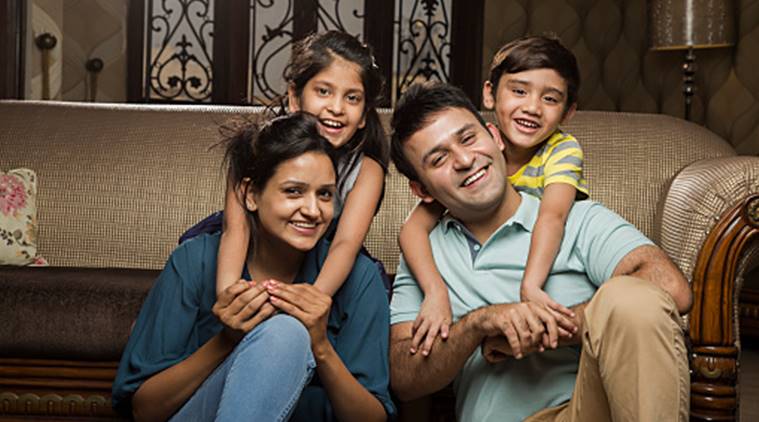Counselling can help in understanding and resolving family conflicts
A family therapist tries to create a safe space for each individual to express their thoughts and emotions, helping them understand each other’s needs and equipping the family with better problem solving and communication skills.

By Kritika Dharia
Differences of opinion are basic healthy conflicts which take place in every family. Generally these disagreements are resolved quickly. It becomes toxic when these squabbles become a regular part of one’s life and start creating problems and damage relationships. If families start breaking down, imagine the kind of havoc it can wreak in each individual’s life, leaving each member deeply wounded.
Various factors can be attributed to family conflicts:
Parental conflict
Different parenting styles, clashes in value systems, infidelity, lack of compatibility, financial crisis, or even a divorce contribute to emotional, mental and behavioural difficulties for parents and children. If parents are not mentally healthy due to these stressors, they tend to offload their frustrations, may isolate themselves or over-compensate the need for the other parent with the child. Parental separation can be a major stress for a child and can lead to long-term emotional, academic and self-esteem problems.
Poor communication
Superficial, aggressive, neglectful or derogatory communication styles result in pent up emotions, misunderstanding and judgments about each other. Children often learn these behaviours and imitate them in their communication outside. Say for example, if the parents are aggressive with each other or with their children, the child will often start showing aggressive behaviour in school or at home.
Death of a loved one
This can create turmoil in the lives of the family members and can leave them feeling shocked, in denial, angry, anxious, guilt ridden and sad. When left unprocessed, grief can create a huge rift between family members.
Parent-child conflict
Excessive screen time, constant arguments with your teenager, child discipline can all lead to family conflicts. Family clashes leave a huge scar on a young adolescent’s mind, which in turn may affect the way they deal with their intimate relationships in the future. An adolescent who has experienced parents going through a divorce or some family feud in childhood suspect all social associations may end up negatively. They may also lack social skills like empathy, appropriateness and communication skills. These difficulties may be a result of isolation or lack of intimacy in childhood.
When problems linger for too long, infecting the environment at home, it is often difficult to take a step back and identify the cause of disharmony. At such times, seeking professional help lends an unbiased perspective, helping maintain a healthy family equilibrium.
So, what kind of help is available? There are various therapies that can potentially help families cope with their struggle:
Family therapy
The therapist helps each member understand their unhelpful behaviour and thought patterns and work on improving their current situation. The therapist tries to create a safe space for each individual to express their thoughts and emotions and helps the others try and understand each other’s needs and equips the family with better problem solving and communication skills training.
Couple counselling
The therapist will help you to develop skills to better your communication with your partner, help you both resolve past issues and assumptions, conflict resolution and productive problem solving strategies and learning how to argue in a healthier manner.
Art-based therapy
Family conflicts impact parents and children in such a way that they start burdening themselves with the guilt, they may feel overwhelmed with emotions to talk about it. In these cases, art-based therapy can help families relieve stress, manage emotions, foster awareness and build coping skills.
Individual counselling
This is aimed at helping children, adolescents, adults and the geriatric population make sense of their emotions, thought patterns, and behaviours, helping them find positive coping and problem-solving skills to manage their emotions and relationships.
Whether the aim is to overcome conflicts, or strengthen existing family ties, spending time with your family is indispensable.
(The writer is Psychologist & Outreach Associate, Mpower–The Centre, Mumbai.)
Source: Read Full Article
